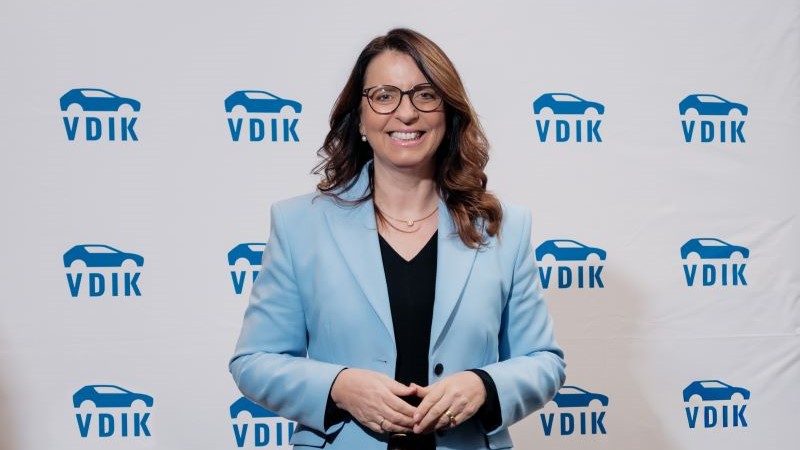The German passenger car market grew by 8.5 percent in January compared to the same month last year. The Federal Motor Transport Authority (KBA) counted 184,100 new registrations. This included over 70,800 new passenger cars from international brands. They increased their market share to 38 percent (same month last year: 36 percent).
January had one more working day in 2022 than in the previous year. Adjusted for this effect, the increase was even only 3 percent, in relation to a comparable month in 2021, which had already been very low after the expiry of the VAT reduction, at the end of 2020. Reinhard Zirpel, President of the Association of International Motor Vehicle Manufacturers (VDIK), stated: “The automotive industry has little reason to take a deep breath at the beginning of the year. Even in January, the market was still far from pre-crisis levels. We are recording around one-fifth fewer new registrations than in the January months of 2020 and 2019. The potential for recovery is high for the rest of the year, as order backlogs are very high. However, market development will crucially depend on the extent to which delivery capability can be improved.”
The private market increased by 32 percent to around 64,500 vehicles. Sales to private customers, after the slump at the beginning of 2021, have now returned to a normal level compared to the overall market of around 35 percent.
Electric cars recorded significant growth in January. According to the KBA, nearly 21,000 passenger cars with purely battery-electric drive systems (up 28 percent) were newly registered. At 18,900 units, new registrations of plug-in hybrids were 8 percent down on the same month last year. In total, over 76,000 passenger cars with an alternative drive system were registered. These include electric cars, hybrids with and without plug-ins, mild hybrids, gas-powered passenger cars and fuel cell vehicles. This means that 42 percent of all newly registered cars in Germany in January had an alternative drive system (January 2021: 37 percent). By contrast, the market for diesel-powered passenger cars was extremely weak. Only around 39,700 diesel passenger cars were newly registered. The diesel-share thus fell to 22 percent (January 2021: 26 percent).
The commercial vehicle market recorded a drop of 3 percent in January, with just over 23,200 new registrations. Both light and heavy commercial vehicles remained below the previous year’s level. Developments in the commercial vehicle market in the coming months will also be determined by how quickly supply capacity can be expanded.
| January | |||
|---|---|---|---|
| Change vs. 2021 (%) | Share of total car market (%) |
||
| Passenger car | 184,100 | +8 | 100 |
| – VDIK-brands | 70,800 | +15 | 38 |
| – german brands | 111,400 | +5 | 61 |
| – other brands | 1,900 | +10 | 1 |
| Electric vehicles (total) | 39,800 | +8 | 22 |
| – purely battery-powered | 20,900 | +28 | |
| – plug-in-hybrids | 18,900 | -8 | |
| Commercial vehicle | 23.200 | -3 | |
Source: KBA, VDIK





